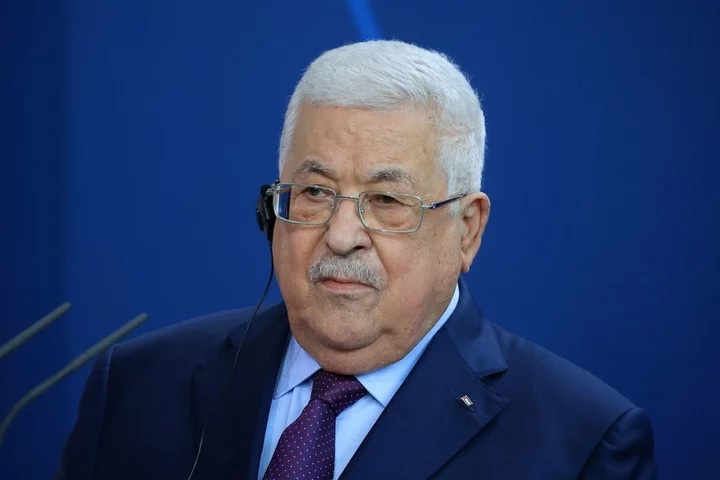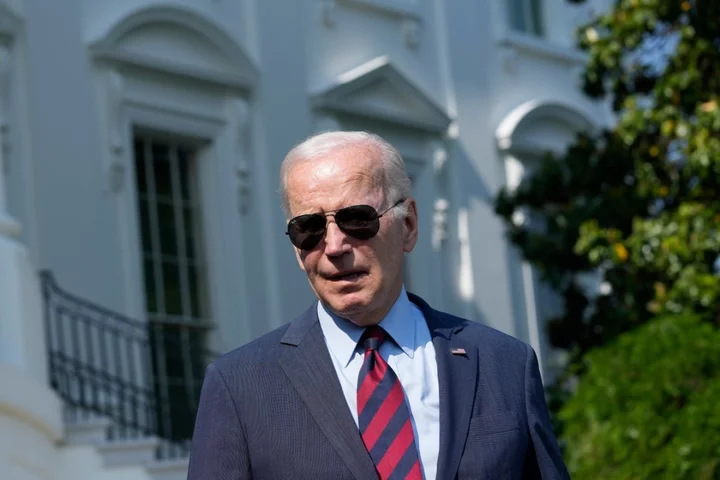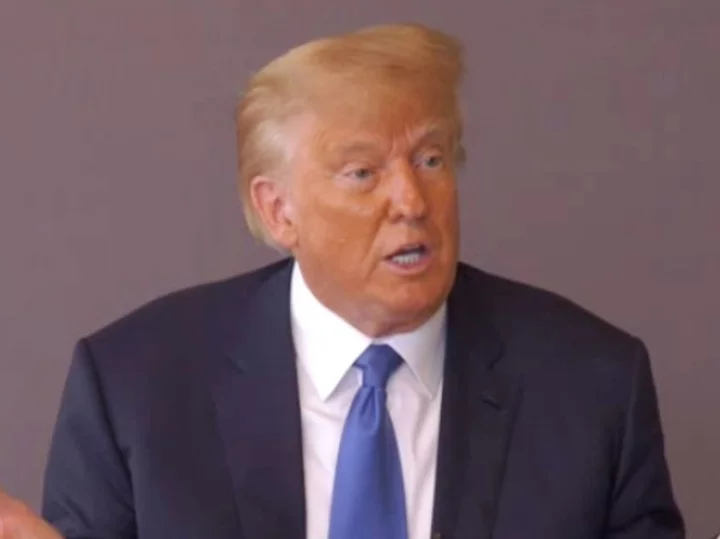China is hosting Palestinian Authority leader Mahmoud Abbas as it seeks to strengthen its diplomatic influence in the Middle East.
Abbas’s plane touched down in Beijing on Tuesday, according to China Central Television. Chinese officials earlier said they would be willing to facilitate peace talks between the Palestinian Authority and the Israeli government.
While it’s not clear if either side in the Israeli-Palestinian conflict is seeking a new mediator, President Xi Jinping has sought to bolster his image as a peacemaker on the world stage as ties with the US and its allies deteriorate.
“China has all along firmly supported the Palestinian people’s just cause of restoring their legitimate national rights,” according to a statement from the foreign ministry noting Friday remarks from spokesman Wang Wenbin. “President Abbas is an old and good friend of the Chinese people and the first Arab head of state to be hosted by China this year.”
In recent months, Israeli-Palestinian violence has worsened, with a flare-up involving Gaza militants in May, deadly Israeli military raids in the West Bank, and lethal Palestinian attacks on Israeli targets.
Why Gaza Is Epicenter of Israeli-Palestinian Conflict: QuickTake
Until recently, Beijing didn’t have a track record of negotiating breakthrough deals as a third party.
That changed in March when it helped broker a detente between Iran and Saudi Arabia, after years of diplomatic deadlock between the historic rivals. The tentative agreement helped enhance Beijing’s reputation as a responsible international player, particularly with the so-called Global South.
Beijing has also offered a vague blueprint for peace between Russia and Ukraine. That proposal faces widespread skepticism because of China’s close ties with President Vladimir Putin’s government and its call for a cease-fire that would leave Russian troops in control of Ukrainian territory.
China’s latest efforts underscore how Xi, following up on his Belt-and-Road infrastructure lending program, is seeking to extend his influence in the Middle East, Latin America and Africa.
--With assistance from Colum Murphy and Amy Teibel.
(Updates with context on violence in Israel.)









